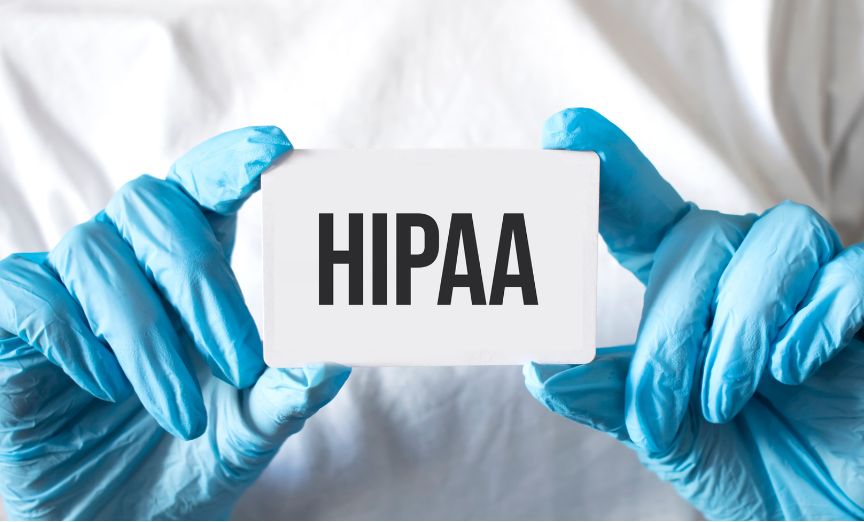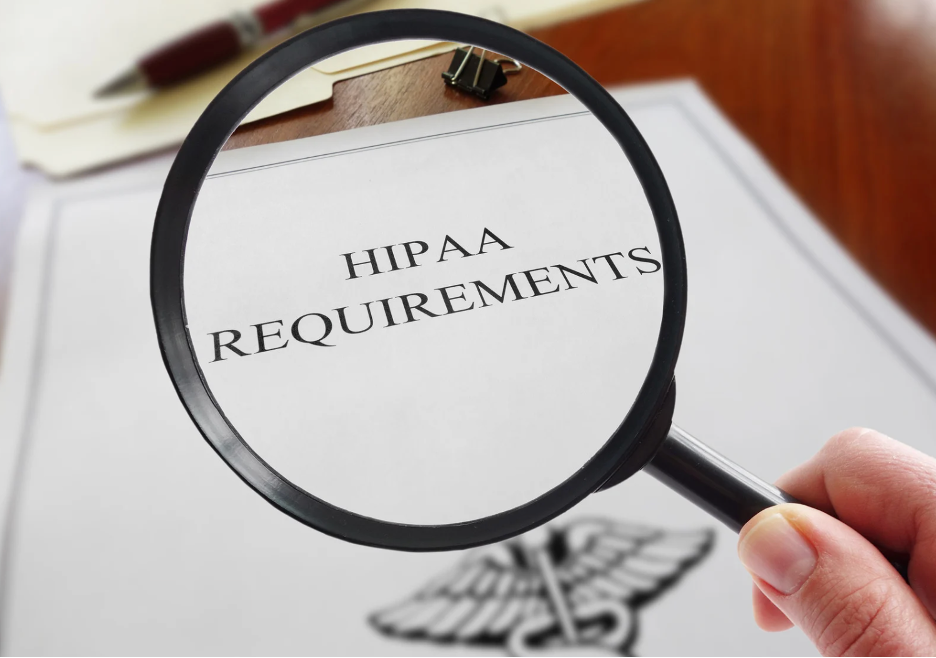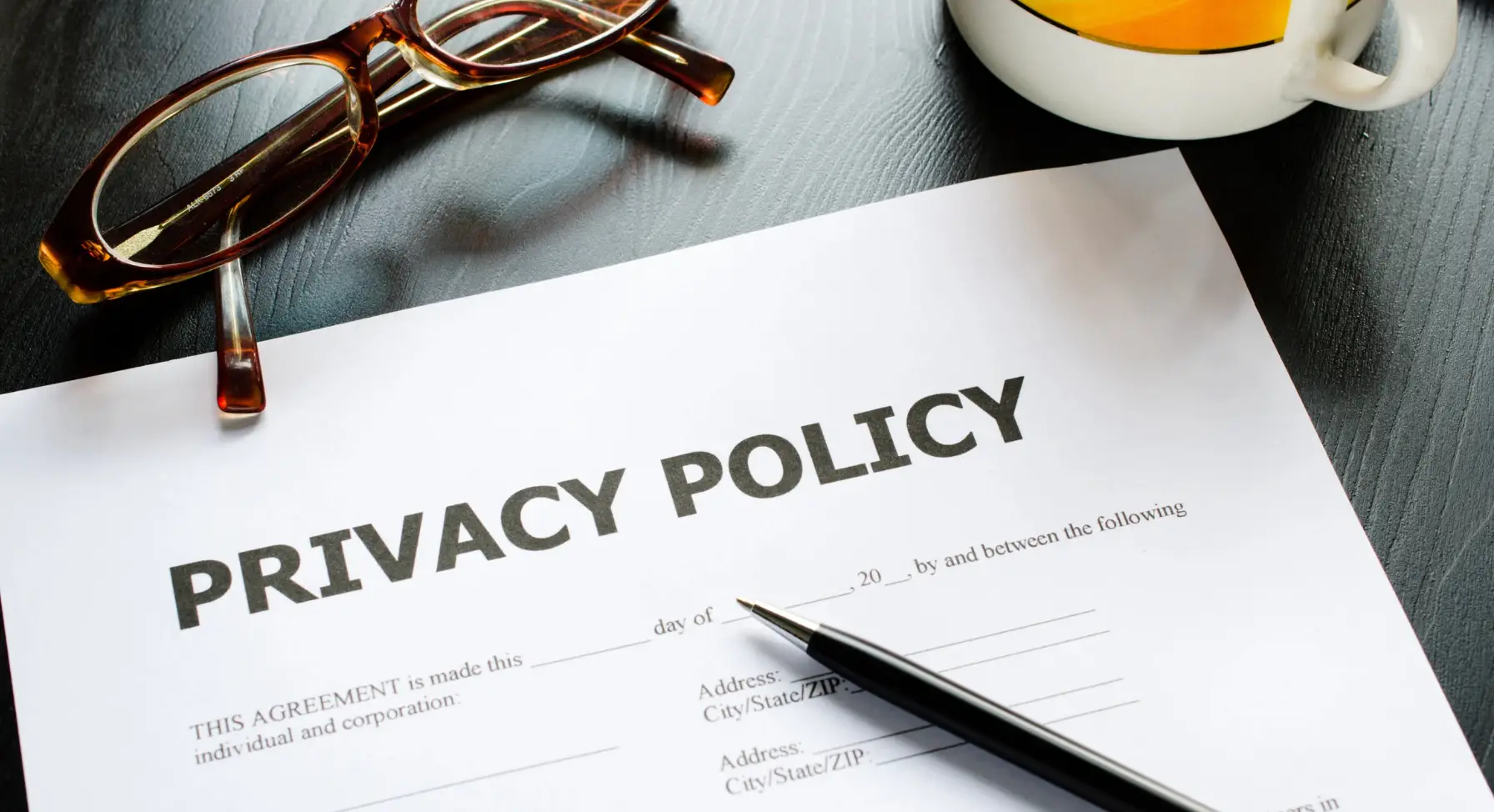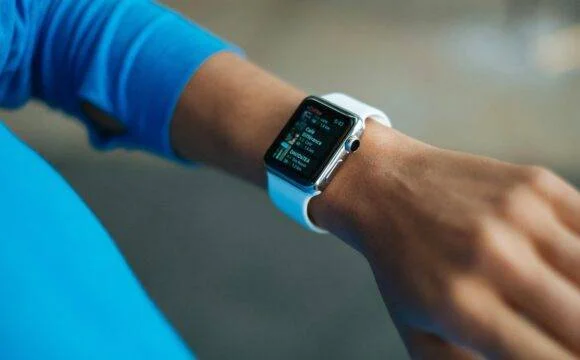
Stay informed with the latest news, tips, and regulatory updates in healthcare compliance. From OSHA and HIPAA to corporate training and risk management, our blog provides expert guidance to help your organization stay compliant, safe, and prepared.










MedSafe is the leading authority in healthcare compliance, serving medical, dental, veterinary, funeral, and MedSpa practices across the country. With over 30 years of experience, we understand the complexities of OSHA, HIPAA, billing compliance, and staff training — and we tailor our programs to meet the unique needs of each facility type.
Whether you’re running a small practice or a large healthcare system, our expert-led services and online training programs are built to simplify compliance and reduce risk. Every solution we offer is backed by proven processes, certified instructors, and real-world results.
Looking for personalized compliance support?